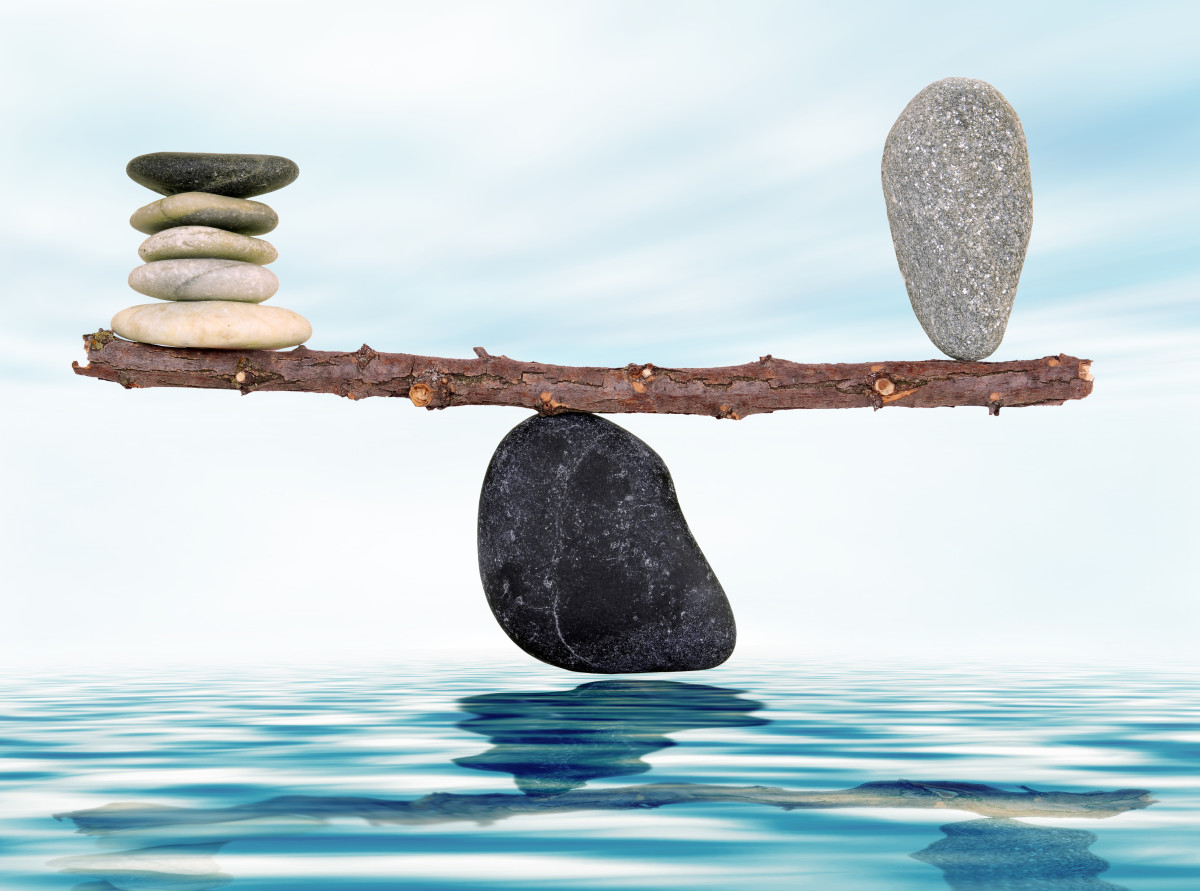
Training for endurance sports can require a significant investment of time. Applying the following guidelines will ensure you get the optimum adaptations for your training investment while ensuring recovery and nutrition is balanced. Although every athlete is different and are on a different phase of the endurance journey, if applied, these guidelines will reduce waste and create focus on the adaptations that make a difference.
1. Get an average of 7:30 to 8 hours sleep per night. Any less will impact recovery and your performance in your training session. Less recovery and reduced performance means less than optimal adaptation. I see this as the #1 priority! See Blog on Sleep
2. Be a warrior, not a worrier. Be aware of stress. Work place stress, financial stress, family stress added to training stress will wear you down. If you are under stress from other areas consider backing off on training until it is under control. Increasing stress load by continuing a full training program will leave you susceptible to illness and injury and may see you having to take significant time off training.
3. Don’t over consume carbohydrates. Carbohydrates offer some value for anaerobic and long sessions but will be a aerobic performance limiter if overused as they limit your ability to tap into your fat resources required for events over 2 and a half hours. Overusing carbohydrates also cause inflammation, increasing recovery times significantly. The following training fuel guidelines are recommended:
- No Carbohydrates before or during aerobic sessions less than 90 minutes, for fat adapted athletes this can be extended up to 2.5 hours.
- Take 20 to 30 grams carbohydrates per hour for aerobic sessions longer the 90 minutes (2.5 hours for fat adapted). Start consuming these early in the session. I recommend starting with 30 grams per hour and adjust to personal needs.
- Start morning aerobic sessions fasted. That means no breakfast. Maybe a coffee, definitely no carbs. If you feel you must eat, try a healthy fat option like half an Avocado, nuts and seeds or some natural nut butter.
- For Anaerobic sessions take on around 30 grams of carbs within 15 minutes before start. This with initiate carbohydrate fueling helping you reach “fight or flight” levels of performance required to maximise the anaerobic and VO2max levels needed to maximise adaptation.
- After breakthrough sessions, take on around 30 grams of natural carbs and some protein. E.g. a Banana, some berries, quality protein recovery shake. Don’t over do it though.
4. If you can’t perform, take a break and come back when rested. Anaerobic sessions are characterised by intervals at or above zone 5 or above your LTHR. If you feel you can’t reach zone 5 for the intervals due to fatigue or general tiredness, don’t do the session.
5. Intra-session recovery gets results. For Anaerobic sessions, ensure you get adequate recovery between reps so that the next rep will equal or exceed the last. Stop the session if the rep performance starts to decrease. For example. For 1 min run repeats recovery should be 1 min 30 seconds, or long enough for your heart rate to drop below aerobic threshold (180 – age).
6. Aerobic sessions are to be performed below you aerobic threshold. In order to get the required aerobic adaptations low heart rate is the only way. Aerobic threshold can calculated as 180 – age, or mid Zone 2.
The bottom line is that we train for physical adaptation and the actual adaptation occurs in recovery and predominantly when we sleep. Train wisely to get the best return for your investment of time.
Think about the training / rest ratio. if we train for 20 hours a week, we have 148 hours potential recovery time, how we spend the 148 hour recovery has as much bearing on our results as the training hours, Use them wisely. Rest, use rollers for self massage, relax.
